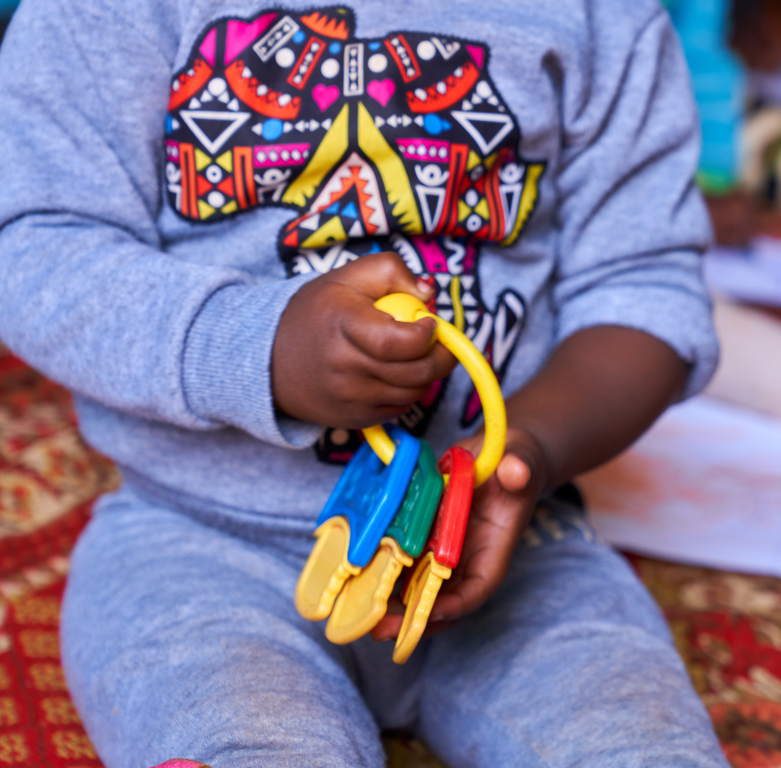Major survey shows 1 in 4 American parents forced to quit their job or drop out of education to fund childcare

News
More than one in four parents in America have quit a job or dropped out of education to avoid the soaring cost of childcare. Such costs are escalating an “early years crisis” in the U.S. and around the world, according to a global survey of more than 7,000 parents and childcare workers.
The international children’s nonprofit Theirworld surveyed more than 7,000 parents of children under school age as well as childcare workers across the U.S., the United Kingdom, the Netherlands, India, Brazil, Turkey and Nigeria. The findings reveal that children are being deprived of education and care in their most formative years because of the spiralling cost of nursery school and preschool.
The situation is particularly bleak in the U.S., where more than a quarter — 27 percent — of parents say they have quit a job or dropped out of their studies to avoid childcare costs. That’s a higher proportion than in the United Kingdom (23 percent), Brazil (17 percent), Turkey (16 percent) and Nigeria (13 percent).
American parents also face a tougher struggle to afford nursery and childcare fees than their counterparts in the Netherlands, India, and Nigeria, the survey shows. The online survey was conducted by Hall & Partners, part of the Consultancy Network of the global Omnicom Communications.
More than two-thirds of parents in the U.S. — 68 percent — say they find it difficult to meet childcare costs, the same proportion as in Brazil. This compares to 52 percent in India, 57 percent in the Netherlands, 60 percent in Nigeria, 72 percent in Turkey and 74 percent in the U.K.
Two in three parents in the U.S. — 66 percent — have made major financial changes to make ends meet. This includes taking on more work and spending less on their children’s food.
The survey is part of a new global campaign, “Act for Early Years,” that will launch on the same day to demand that governments make a priority of spending on high-quality childcare and preschool education.
The findings “laid bare the scale of the global early years crisis and its impact on children in rich and poor countries alike,” said Sarah Brown, chair of Theirworld. She added: “We know that childcare in the early years is as essential to a country’s infrastructure as roads, hospitals and telecommunications.”
The campaign calls on governments around the world to urgently make a priority of spending on the early years. The group cites the profound effect high-quality care in early years can have on children and families. Research shows children’s brains develop quicker between birth and the age of five than at any other time.
“Every child needs a comprehensive package of care and education for the first five years of life,” said Justin van Fleet, president of Theirworld and executive director of the Global Business Coalition for Education, a movement of businesses committed to ending the global education crisis.
“We need to radically change how we provide for children and their families, with investments along with bright ideas and bold policies,” van Fleet said.
He added that the Global Business Coalition for Education is already working with small and large businesses as well as government agencies, educators and nonprofits to end the widespread education crisis.
Experts say deep societal inequality sets in during the early years. Children from more prosperous, educated backgrounds tend to begin primary school ready to learn. But more than 40% of children in low- and middle-income countries — almost 250 million children — risk not reaching their full development potential because of poverty, inadequate nutrition, exposure to stress and a lack of early stimulation and learning.
Eight years ago at the UN, world leaders set a target that by 2030 every girl and boy should have access to quality early childhood development, childcare and pre-primary education.
“No country has created a realistic plan to achieve this target,” van Fleet said. Chronic underfunding means that more than half of all children around the world lack access to the childcare they need, he added, noting that about half of preschool and kindergarten children are not enrolled in any form of early education.
The U.S. is among five of the 37 democracies in the Organization for Economic Cooperation and Development (OECD) countries that spends the least on early education and childcare. Just .3 percent of its GDP goes to early childhood services, similar to Turkey, Costa Rica, Ireland and Cyprus. Spending is highest in Iceland (1.7 percent) followed by Sweden (1.6 percent), Norway (1.4 percent), France (1.3 percent) in Finland (1.1 percent)
President Joe Biden has set a goal of establishing universal preschool care and education for the two years before children start primary school.
In this year’s State of the Union address, Biden cited studies showing that children who go to preschool are nearly 50 percent more likely to finish high school and go on to earn a 2- or 4-year degree.
